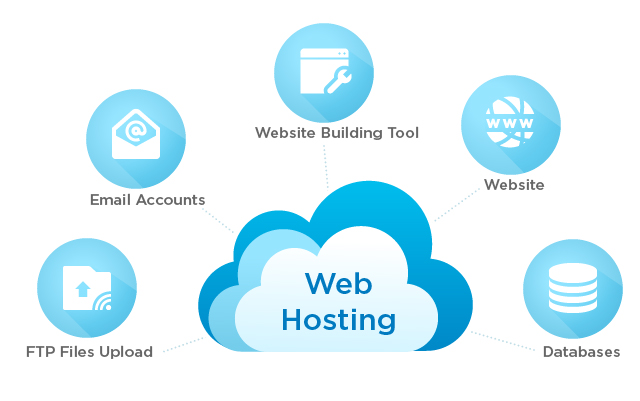
When it comes to web hosting services, cloud hosting consistently ranks as a top choice for web hosting services. Selecting the right web hosting service requires a solid understanding of the technology involved. If you want to purchase public cloud hosting services, you must understand what goes into making it a secure space for your business website.
Public cloud hosting is a type of solution where cloud server resources are shared among multiple tenants and users. Hence, it becomes paramount to ensure the robust security of your cloud hosting service.
Here are some key security tips for public cloud hosting customers.
Important Security Tips for Your Public Cloud Hosting
● Follow Data Security Measures
Ensure that all your sensitive databases are encrypted both at rest and in transit. You can use encryption keys and implement policies to monitor server and audit data access. One of the most significant parts of data security is having a comprehensive backup protocol.
In addition to that, you must also apply strong passwords, multi-factor authentication, firewalls, anti-virus, DDoS protection, brute force attack protection, anti-malware software and detection and eradication tools.
● Analyse Provider’s Security Roles
Before you select a cloud provider, assess their security standards, certifications and compliance with regulations. Public cloud hosting service providers must have a security system and infrastructure in place to safeguard your data.
Stay updated about the latest technology, and make sure your provider implements them with your public cloud hosting server.
● Shared Responsibility Model
Your provider must understand that public cloud hosting security is a shared responsibility between the provider and the user. The provider is responsible for securing underlying or backend infrastructure. At the same time, you are responsible for securing your data, applications, user information, accounts and more.
● Deploy Access Control Policy
Implement strong access control policies with the help of identity and access management best practices. You can offer role-based access control to your employees. Here, you can assign your employees with particular privileges and tasks.
● Carry Security Patches Updates
Regularly applying security patches and updates is crucial for negating vulnerabilities related to applications, software, tools and servers. Timely updates help protect your environment from unknown and hidden threats and reduce the chances of cyber attacks.
● Automate All Security Defences
Automating repetitive tasks is a common and one of the best practices in web hosting.
As a public cloud hosting customer, you can easily automate security tasks such as backup, software updates, monitoring and reporting, detection and eradication and firewalls. Employing automation will enhance your cloud’s server environment.
● Train and Educate Your Staff
Employment training is an ongoing process. Since the digital landscape keeps on evolving, public cloud hosting solutions and security measures will experience multiple upgrades and developments.
As the website owner, you will have to stay updated. Later, you must train your staff regarding all the security best practices, new security measures and tools and more.
Ending Note
Public cloud hosting can be secure if you implement the right security measures and comply with industry standards. Your provider is as responsible for public cloud hosting solution security as you are.
By understanding this shared responsibility and all measures, you can safeguard your cloud environment. This makes a clean and safe home for your website or web application and its digital success.
Reference links
https://www.webhosting.uk.com/blog/7-security-tips-for-public-cloud-hosting-customers
https://www.fortinet.com/resources/cyberglossary/public-cloud-security-risks

